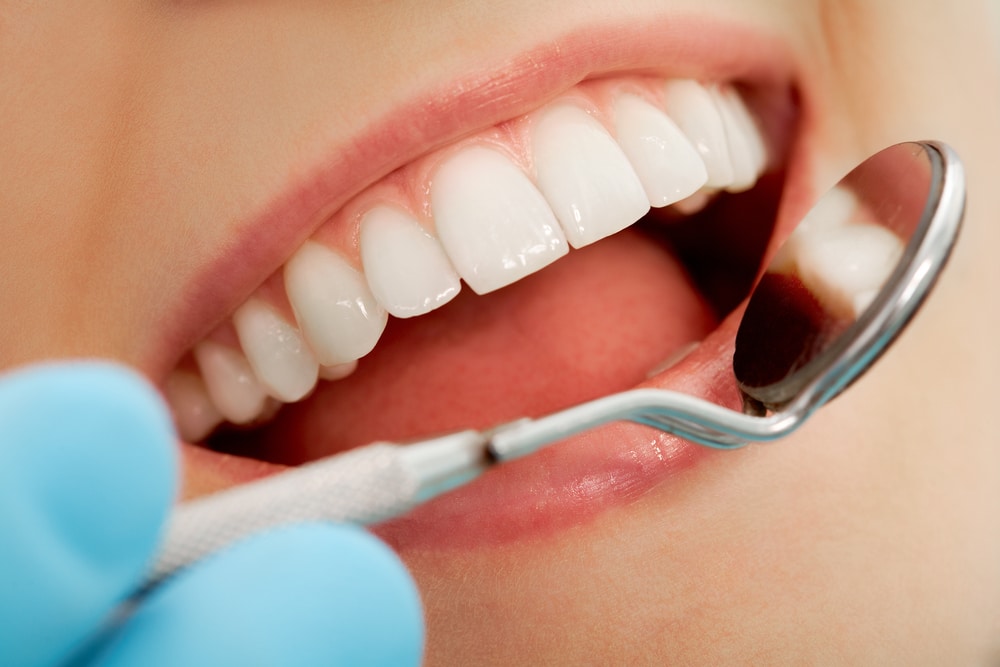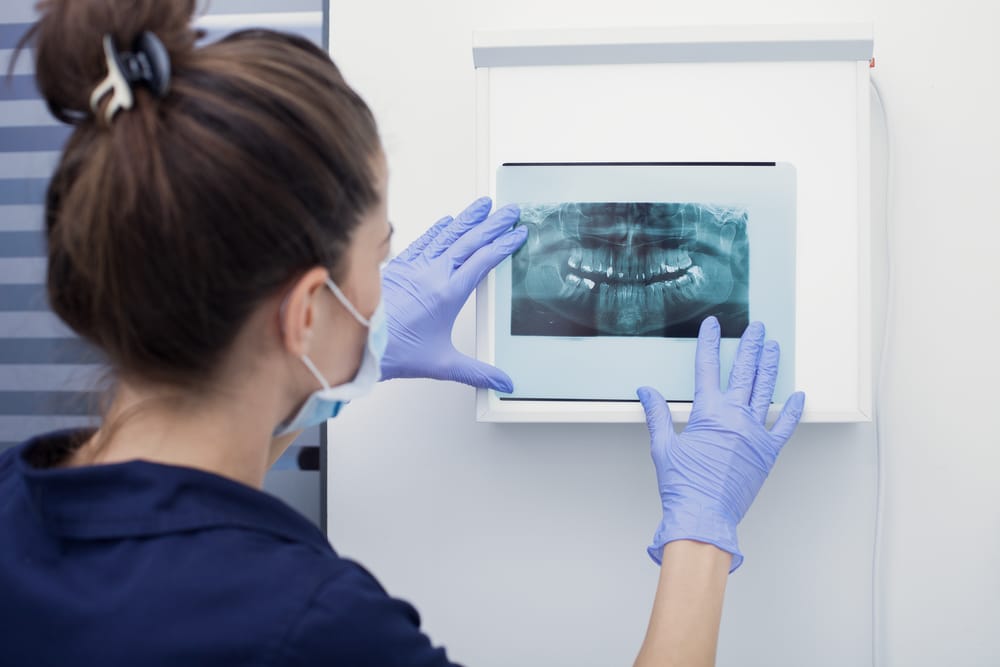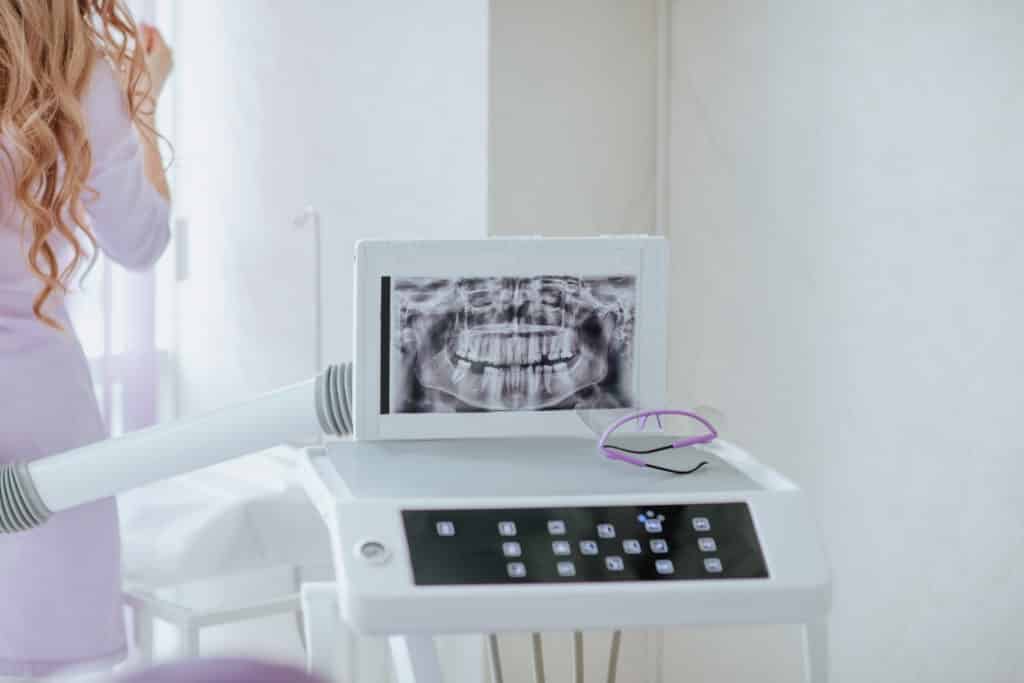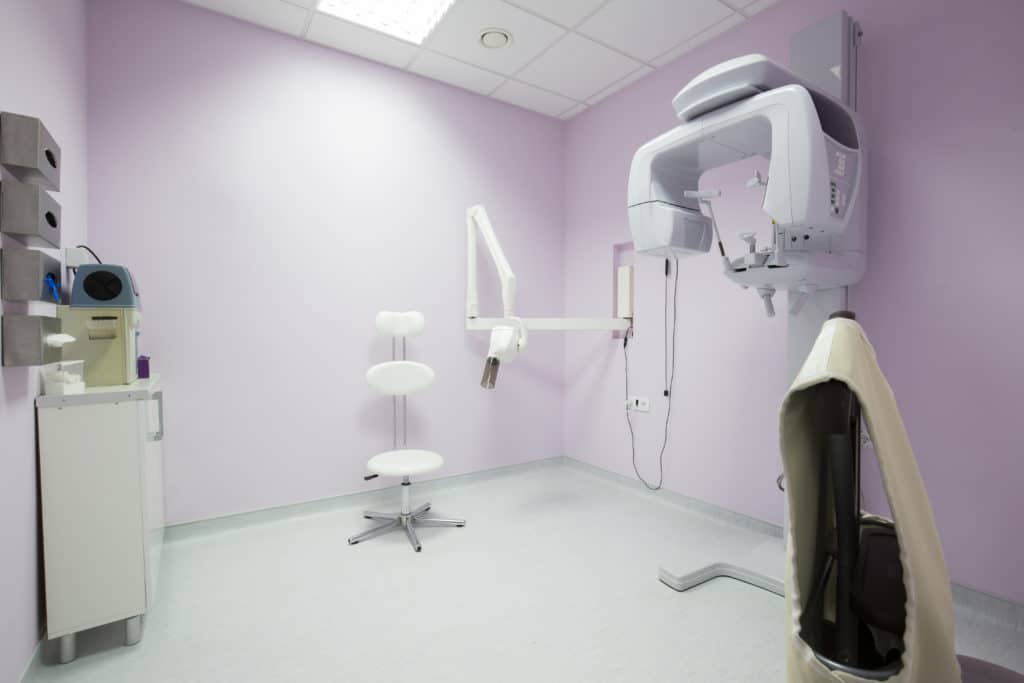
As with many dental procedures, there are many myths about root canals that may scare people out of seeking treatment. In order to overcome the fear and anxiety surrounding a root canal, it is crucial that you understand each myth about root canals.
Treatment for root canals is essential to maintaining proper oral health and protecting the tooth from spreading infection, abscesses, or need for extraction. If you are feeling unsure about an upcoming root canal, check out some of the myths below to quell your unease.
1. Root Canals Are Painful
Once upon a time, a root canal procedure could be incredibly uncomfortable for anyone receiving it, which is why this myth about root canals still lingers. But, as we have already covered in a previous blog, it is essential to know that with modern technological and anesthetic advancements, root canals should not be painful. The pain you experience before a root canal should be the worst pain you encounter through the process.
When your endodontist performs your root canal, you may experience mild discomfort immediately following the procedure. However, mild pain medication and proper aftercare should alleviate any discomfort you may feel The amount of time required for minor pain to go away varies from person to person but should go away in less than a week.
2. You Should Just Pull The Tooth

If you are on the fence about receiving a root canal, you may think it is best to pull the tooth. With tooth extraction, you may believe you can skip any irritation following a root canal. However, this myth about root canals is not right. Removing a tooth should not be your first thought when your endodontist tells you that you need to get a root canal performed.
Your endodontist will not suggest pulling the tooth; you should not consider this option. If it is possible, your dental team will always recommend saving the tooth. The success rate of endodontic treatments is high, and you may not experience any problems with the tooth for the remainder of your life. This success rate means you should only pull the tooth if your endodontist recommends it.
3. Root Canals Require Extensive Treatment
There is a myth about root canals that they will require extensive treatment. You may also believe root canals require several appointments with your endodontist. However, this is not necessarily true.
The treatment for a root canal can be completed in as little as 60 to 90 minutes. Some root canals may require two or more appointments, but the amount of treatment needed depends on the infection level you are experiencing. Many root canals only require one short appointment before you are on the road to recovery, so you should consider this myth about root canals moot.
4. You Can Get Sick Because Of Your Root Canal
Almost a century ago, a study was conducted that concluded individuals receiving a root canal could experience illness shortly after the procedure. However, our understanding of modern medication and the contracting and spreading of illness has grown exponentially since then, which is why this myth about root canals is false.
There is no connection between receiving a root canal and contracting illnesses. Correctly performed root canals remove any harmful bacteria from the tooth. The treatment contains any bacteria in the tooth and does not spread elsewhere. You should consult your endodontist about antibiotic recommendations if you are concerned with potential illness or irritation following your root canal.
5. My Tooth Doesn’t Hurt, So I Don’t Need A Root Canal

Maybe you have gone to the dentist or endodontist, and they recommend receiving a root canal even though you are not experiencing any irritation from the tooth. You may think without feeling any pain in your tooth, you do not need a root canal. While we understand that without any physical irritation, you may think this is true, this is another incorrect myth about root canals.
If you are receiving the professional recommendation that you need a root canal, it is something you should consider. Your dentist or endodontist may notice things you do not see externally, including the loss of bone. If this is the case, you should trust the opinion of the professionals and seek treatment.
6. A Root Canal Involves The Removal Of Your Tooth’s Root
There is a myth about root canals that they may consist of the removal of your tooth’s root. However, this is not the case, and it is important to understand how a root canal is performed to understand.
If you need a root canal, it is likely because your tooth is experiencing rot that has reached the pulp. When performing a root canal, your endodontist will remove the pulp, which reaches down into the root of your tooth. Then, they will clean and fill the canals that have been emptied. The root of the tooth is kept intact throughout the process.
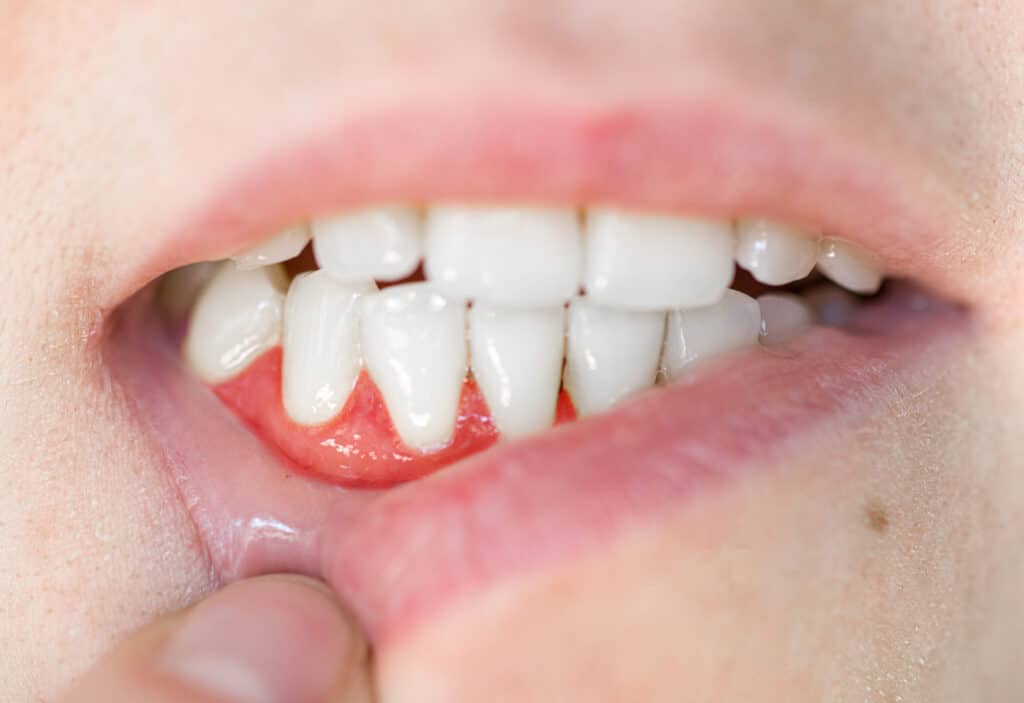
Overcoming The Myth About Root Canals With David G. Johnson, DDS.
If you need a root canal, we hope that our clarification of each myth about root canals has put you at ease. To put you even more at ease, you should look for help from an experienced endodontist who can make the process easy for you. In practice since 1990, Dr. David G. Johnson, DDS, is an experienced endodontist who can help you through the entire root canal process. If you are interested in scheduling a root canal with us or have any questions for our team, contact us today at our Layton or Centerville locations.



